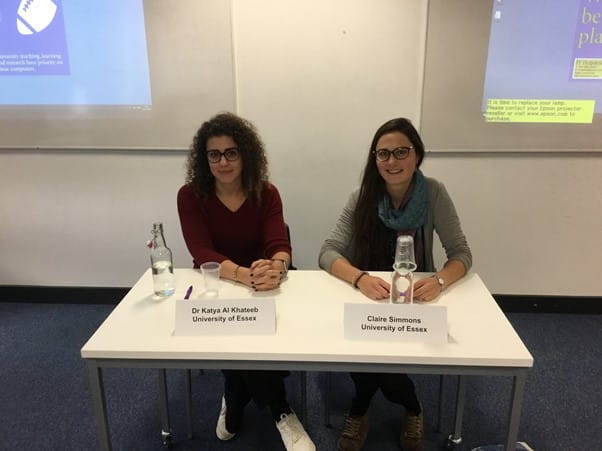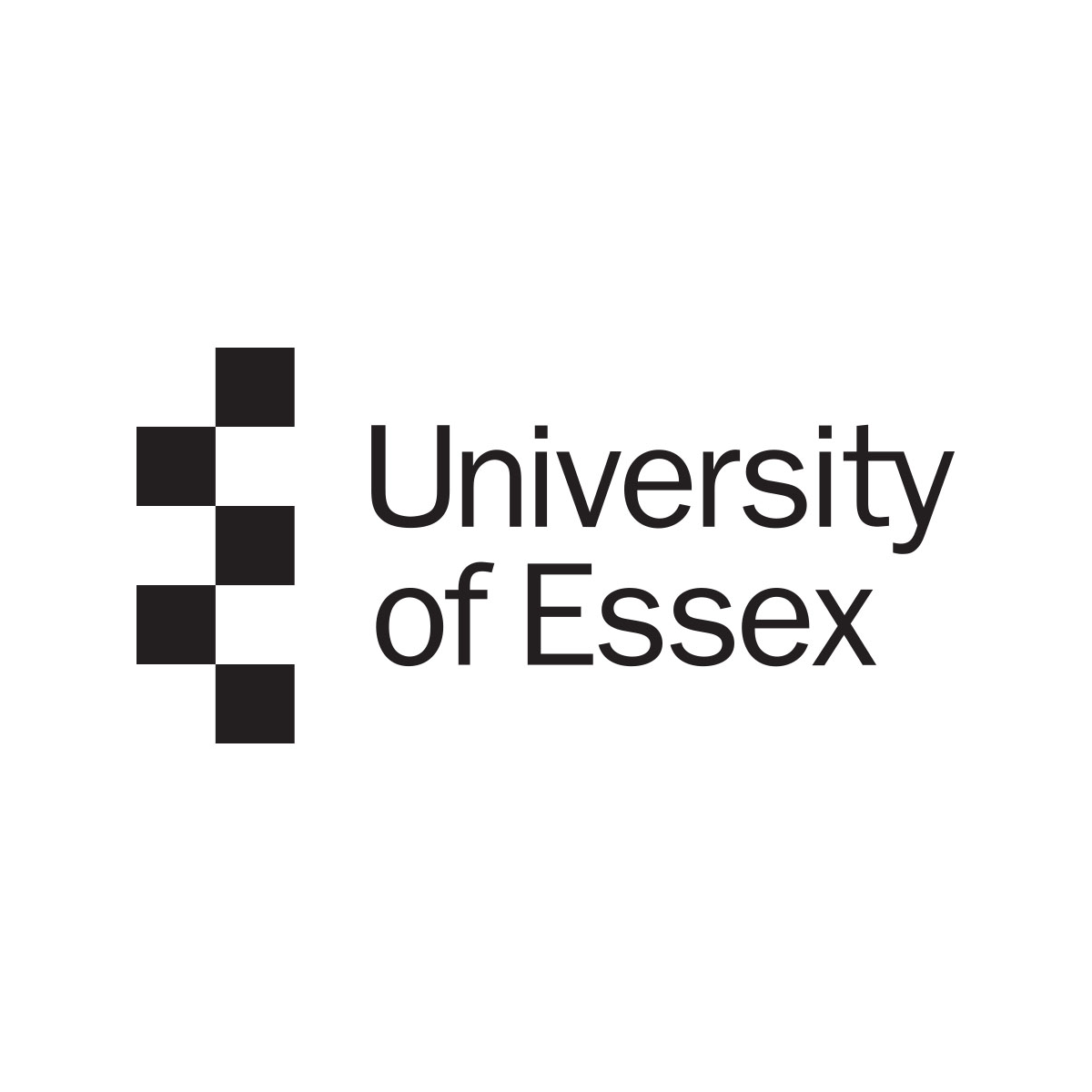“I have been able to meet and work with passionate academics and practitioners who are committed to harnessing their expertise to make a difference. This has inspired me to do the same.”
While there are a wide range of criteria against which the importance and success of research can be measured, relevance to contemporary issues is perhaps one of the most fundamental. In 2022, it’s hard to imagine anything more pertinent than the work of Dr Claire Simmons, Senior Research Officer at the Essex Law School.
Last year, Claire finished a PhD, which saw her probe the persistently contested topics of independence and impartiality within military investigations into armed conflict.
“The central questions underpinning the research are: ‘Who should investigate war crimes, and how? Is it problematic when the military investigates its own soldiers in these contexts? Why? And what happens if no one else is around to investigate, because a war is going on?” she explains, concisely summarising four years of in-depth study.
Following on from this, Claire is now working with her PhD supervisor, Professor Noam Lubell, and NGO Civilians in Conflict on a research project being run by the University’s Essex Armed Conflict and Crisis Hub. The team are producing a series of policy papers regarding the protection of civilians in armed conflict, aimed at providing brief explanations of specific topics which are particularly relevant for militaries operating in conflict zones today.

No stranger to such endeavours, a few years ago Claire collaborated with the International Committee of the Red Cross and Geneva Academy of International Humanitarian Law and Human Rights to co-author guidelines for investigations in armed conflict. These recommendations are now being used during investigations across the world to provide support to militaries and lawyers.
It is the excitement of making this type of direct impact that has driven Claire on to her current role as a Senior Research Officer at the University, the place where she had her first taste of higher education when studying a BA Politics with Human Rights. Subsequent study for an LLM in International Human Rights Law and Humanitarian Law followed, alongside working for various NGOs and on a range of research projects.
Having gained both theoretical knowledge and hands-on experience, Claire was certain that she had the drive to immerse herself into a PhD—and it was abundantly clear where she wanted to carry this out. “I’ve chosen to study and work at Essex because of the amazing research community within the Human Rights Centre and the Law School,” she notes.
“I have been able to meet and work with passionate academics and practitioners who are committed to harnessing their expertise to make a difference. This has inspired me to do the same. Being able to share ideas with colleagues in a supportive environment is crucial to good quality research, and I am thankful for the community I have been a part of here.” Choosing Essex also meant Claire benefited from PhD funding administered by the Essex Doctoral Scholarship, which she describes as a “huge privilege”
Taking the plunge into studying a PhD at Essex was an overwhelming success for Claire. Nevertheless, she is all too aware when reflecting on the last few years of what a huge undertaking the research was. “For me, the best part of doing the PhD was being part of a supportive research community and meeting lifelong friends and colleagues. Having said that, it is as emotionally demanding as it is intellectually, and is definitely not a decision I would suggest people take lightly.”
“There are many other opportunities to work in this field where you can make a difference alongside passionate people, and academia is not the right path for everyone. These decisions are very individual, and I always suggest people talk to their lecturers, friends, and other people who have studied in these areas in order to make the right decision.”
Looking ahead to the future, Claire is eager to push on with the research projects already underway and hopes to keep expanding her academic knowledge while continuing to make a real-world difference. “Ideally, I would like to be able to keep a foot in both theory and practice in my career, as I really enjoy bridging academic work with policy and practice that can make a difference,” she concludes.


